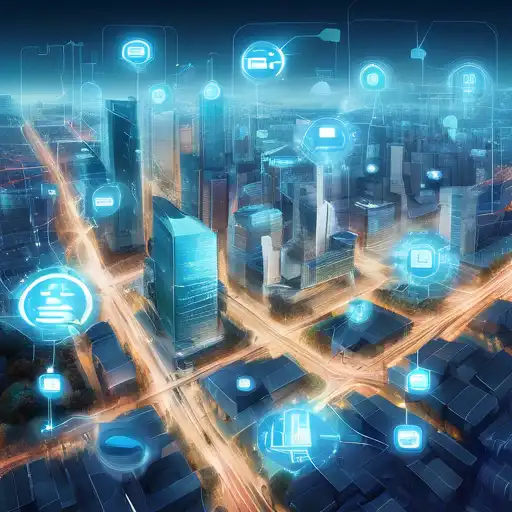The Impact of IoT on Urban Development
The Internet of Things (IoT) is revolutionizing the way we live, work, and interact with our urban environments. By integrating IoT technologies, cities around the globe are transforming into smart cities, offering enhanced efficiency, sustainability, and quality of life for their inhabitants.
What Makes a City Smart?
A smart city utilizes IoT devices and sensors to collect and analyze data, enabling better decision-making and resource management. From traffic control to waste management, IoT is at the heart of urban innovation.
Key Areas Where IoT is Making a Difference
- Traffic and Transportation: IoT enables real-time traffic monitoring, reducing congestion and improving public transportation systems.
- Energy Efficiency: Smart grids and IoT devices help in optimizing energy use, significantly reducing carbon footprints.
- Waste Management: Sensors in waste bins can signal when they are full, optimizing collection routes and frequencies.
- Public Safety: IoT technologies enhance security through smart surveillance and emergency response systems.
The Future of IoT in Smart Cities
As IoT technology continues to evolve, its potential to further transform urban areas is limitless. Future advancements could lead to even more sustainable and efficient cities, where technology and urban living are seamlessly integrated.
For more insights into how technology is shaping our future, explore our articles on urban development and sustainable living.
Challenges and Considerations
Despite its benefits, the integration of IoT in smart cities comes with challenges, including privacy concerns, security risks, and the need for substantial infrastructure investments. Addressing these issues is crucial for the successful implementation of IoT technologies.
In conclusion, IoT plays a pivotal role in the development of smart cities, offering solutions to many urban challenges. By embracing IoT, cities can become more livable, sustainable, and efficient, paving the way for a brighter future.
